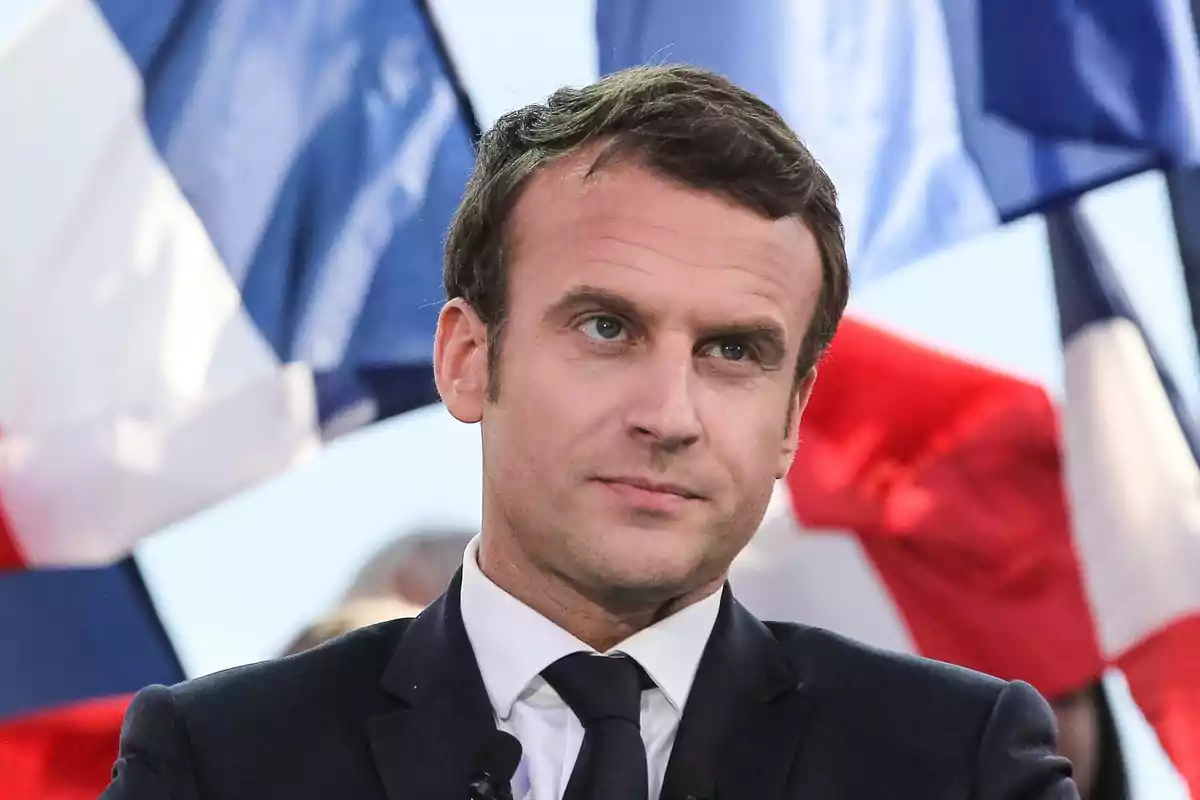
Macron organized another meeting in search of peace and once again excluded the US
France will hold a new meeting to discuss the increase in military actions in Ukraine and didn't invite U.S. representatives
French President Emmanuel Macron announced that the leaders of the coalition supporting Ukraine will meet again next week, hoping to finalize plans to ensure the continued supply of weapons to Kyiv.
The meeting, to be held in Paris with the presence of Ukrainian President Volodymyr Zelensky, will be the latest in a series of crucial meetings. It will take place after Kyiv and Moscow hold talks in Saudi Arabia with the participation of the United States on Monday.
Amid this meeting, France decided not to invite U.S. representatives and instead Canadian Prime Minister, the socialist Mark Carney, will attend.
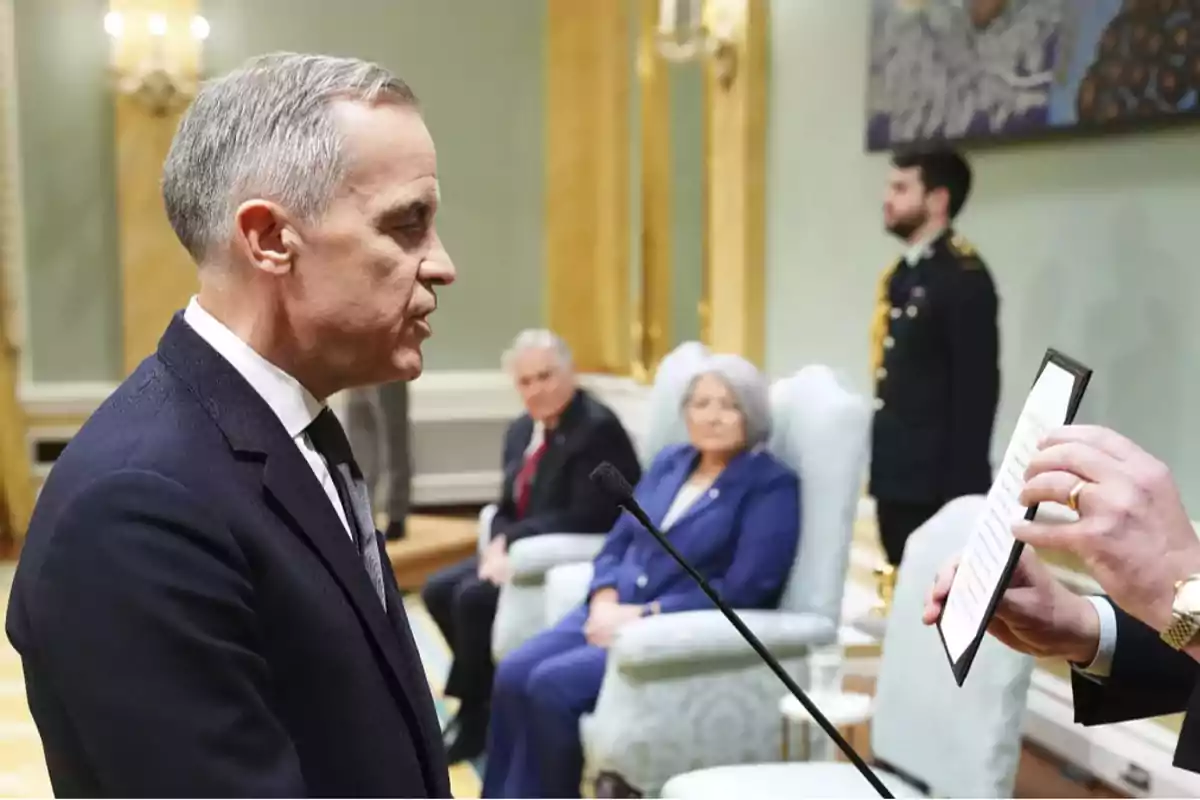
Macron's announcement came after the latest discussions in London among senior military officials of the "coalition of the willing" in support of Ukraine.
British Prime Minister Keir Starmer stated that plans to oversee a possible ceasefire "are taking shape," while U.S. President Donald Trumpcontinues to work tirelessly with Russia and Ukraine to end the war.
Macron, who along with Starmer has expressed willingness to deploy troops in Ukraine, stated that next Thursday's meeting will be an opportunity to "fine-tune" the details and ensure that any truce is lasting.
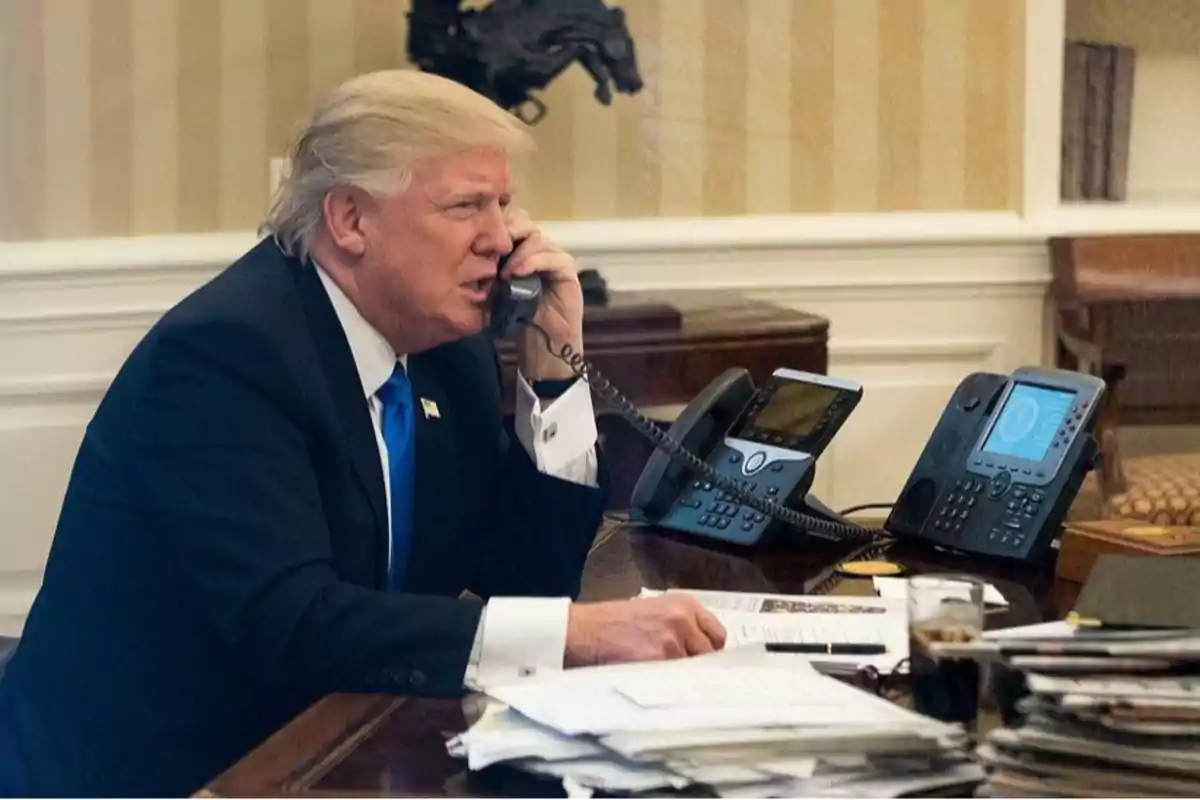
Meanwhile, Zelensky, at a European Union summit, noted that "nothing has changed," as Moscow continues with bombings despite having agreed with Trump to suspend attacks on Ukraine's energy system.
Zelensky urged that Russian President Vladimir Putin must "stop making unnecessary demands that only prolong the war," and called on the EU to step up arms deliveries and maintain sanctions against Russia.
EU leaders, in a joint statement that was reached without Hungary's support, pledged to increase military support to Ukraine, despite Moscow's demands to cease foreign aid.
However, they refrained from backing a request from Zelensky, promoted by the EU's foreign policy chief, Kaja Kallas, to provide Kyiv with five billion euros for the purchase of artillery shells, due to opposition from France and Italy.
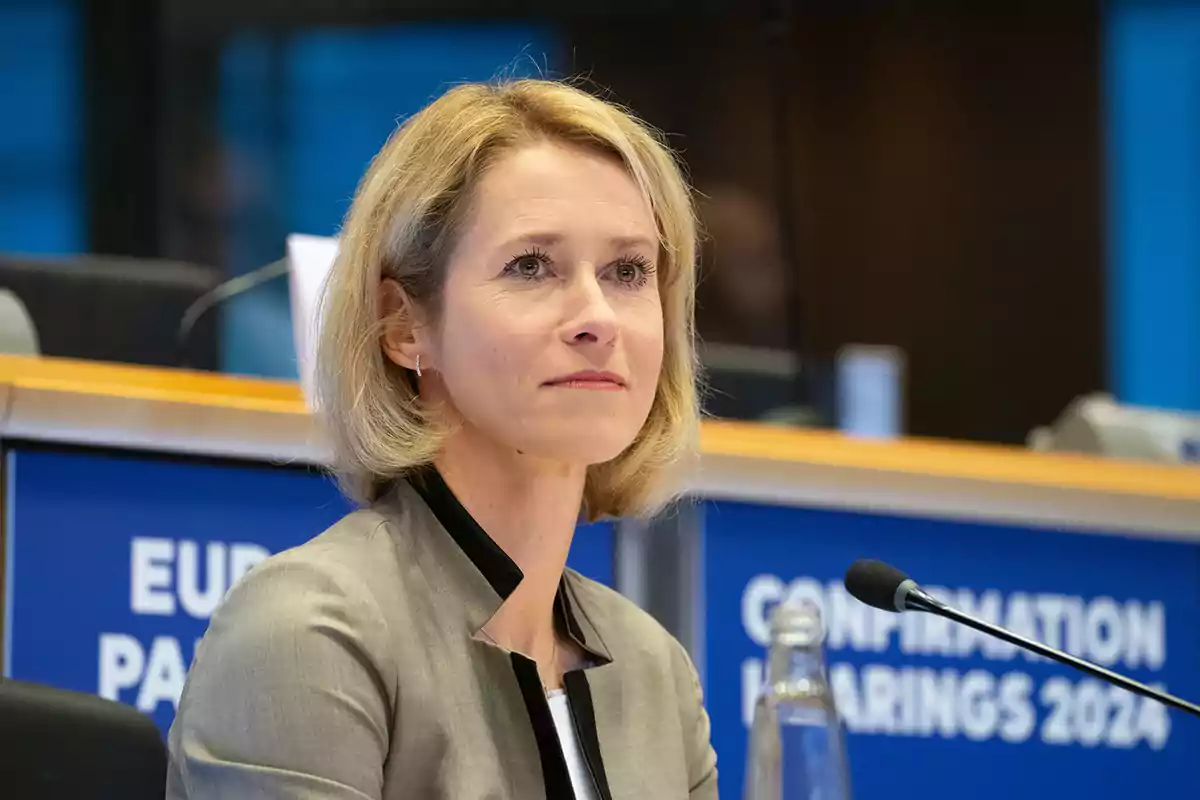
In Norway, Zelensky indicated that Ukrainian and U.S. officials will meet in Saudi Arabia on Monday to continue U.S.-led efforts to end the Russian invasion, which has now reached its fourth year.
The Kremlin confirmed that Russian officials will also hold talks with U.S. representatives in Saudi Arabia on the same day.
Zelensky and Putin participated in talks with Trump this week and both indicated they are willing to halt attacks on energy infrastructure for 30 days.
However, there has been no decrease in fighting, and both countries reported a new series of drone attacks overnight. This underscores the difficulties in reaching a lasting peace agreement.
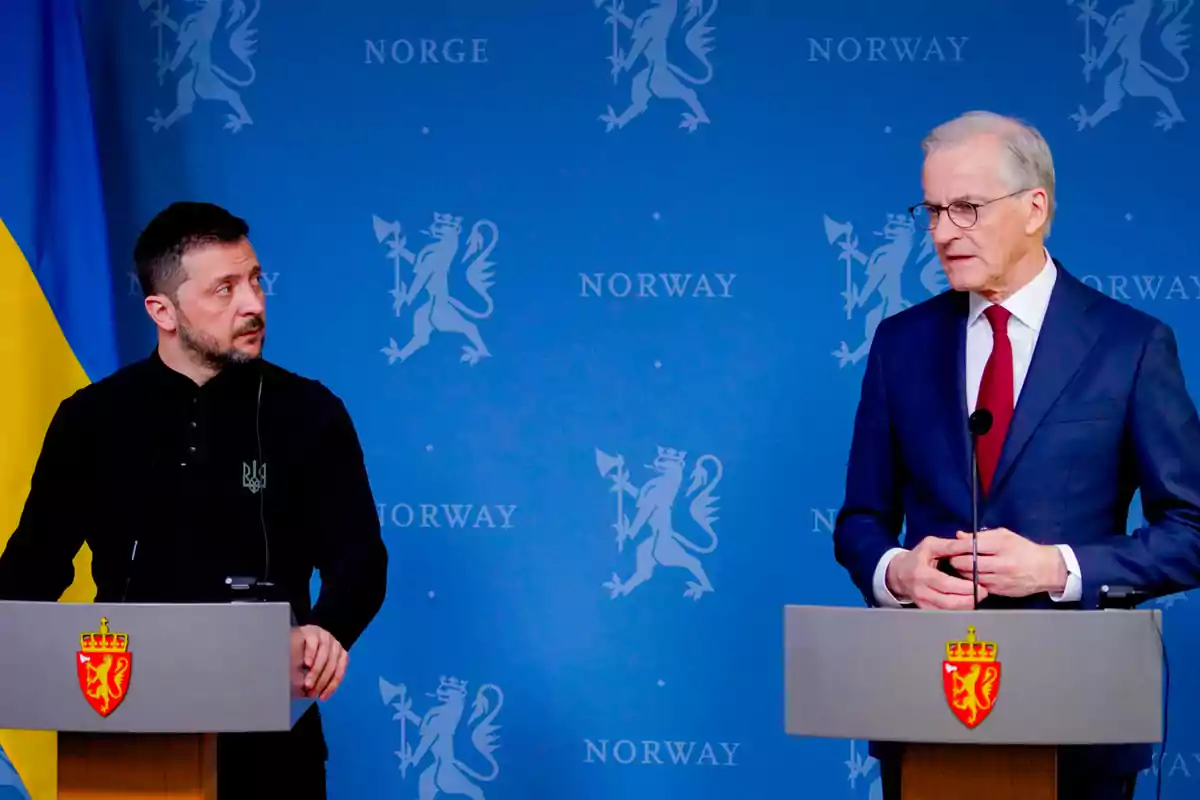
Trump suggested on Wednesday that the United States could take control of Ukraine's power plants.
However, Zelensky rejected this idea on Thursday, noting that he could not legally negotiate over the ownership of the Zaporizhzhia nuclear plant, occupied by Russia. Despite this, Zelensky added that if the Americans want to modernize or invest in it, that would be an open topic for discussion.
Trump also reiterated a deal to access Ukraine's rare minerals, a proposal that has pushed Kyiv to sign, and stated that Washington would sign it "very soon."
According to a White House report, Zelensky asked Trump for help in obtaining "Patriot" missile systems manufactured in the United States, to bolster the current supplies provided by the United States, Germany, and Romania.
As Europe debates Ukraine's future, leaders continue to discuss plans to significantly increase defense spending in the bloc.
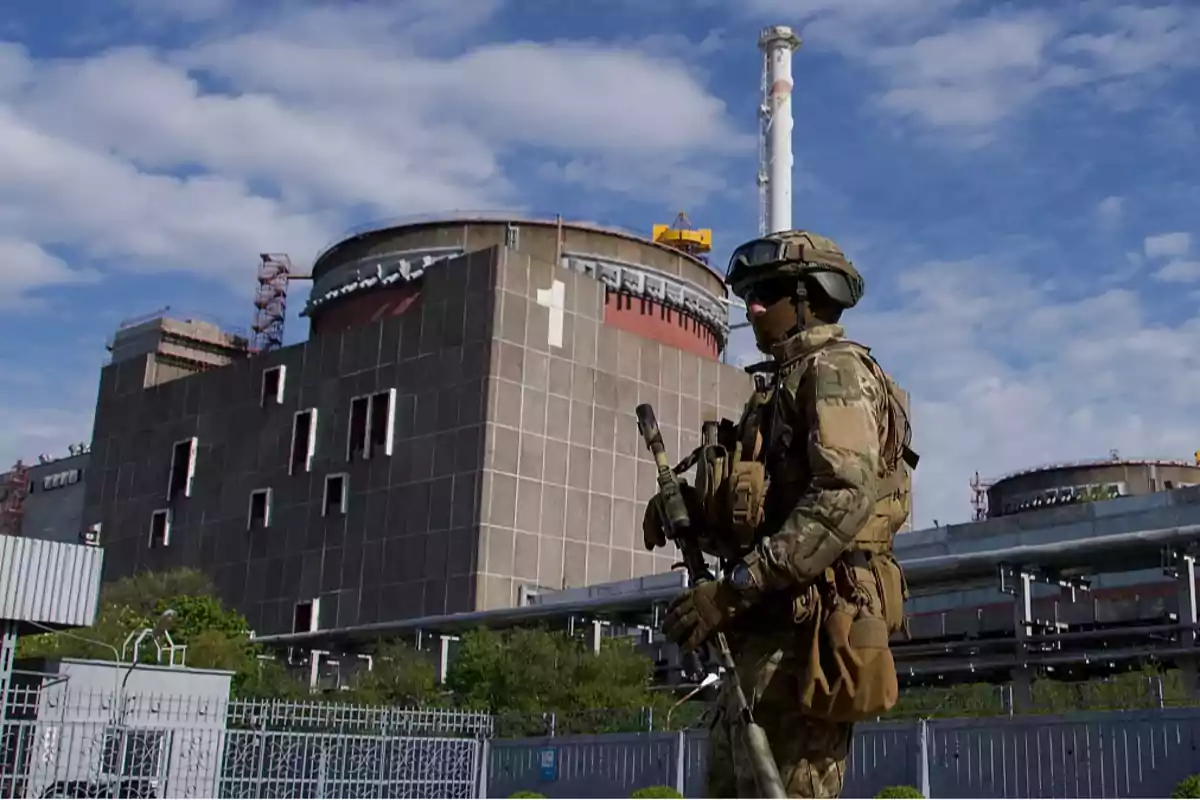
Kremlin spokesman Dmitry Peskovquestioned whether Europe, whose governments are planning sharp increases in national defense spending, is truly committed to ending the fighting. According to Peskov, most of the signals coming from Brussels and European capitals refer to plans to militarize Europe.
On Thursday, senior military officers from more than 30 countries in Europe and other regions met in England to develop plans for a possible international "peacekeeping" force in Ukraine, as details of a partial ceasefire are being fine-tuned.
British Prime Minister Starmer expressed that, although he did not know if there would be a peace agreement in the war, "we are taking steps in the right direction," as the "coalition of the willing," led by Britain and France, enters an "operational phase."
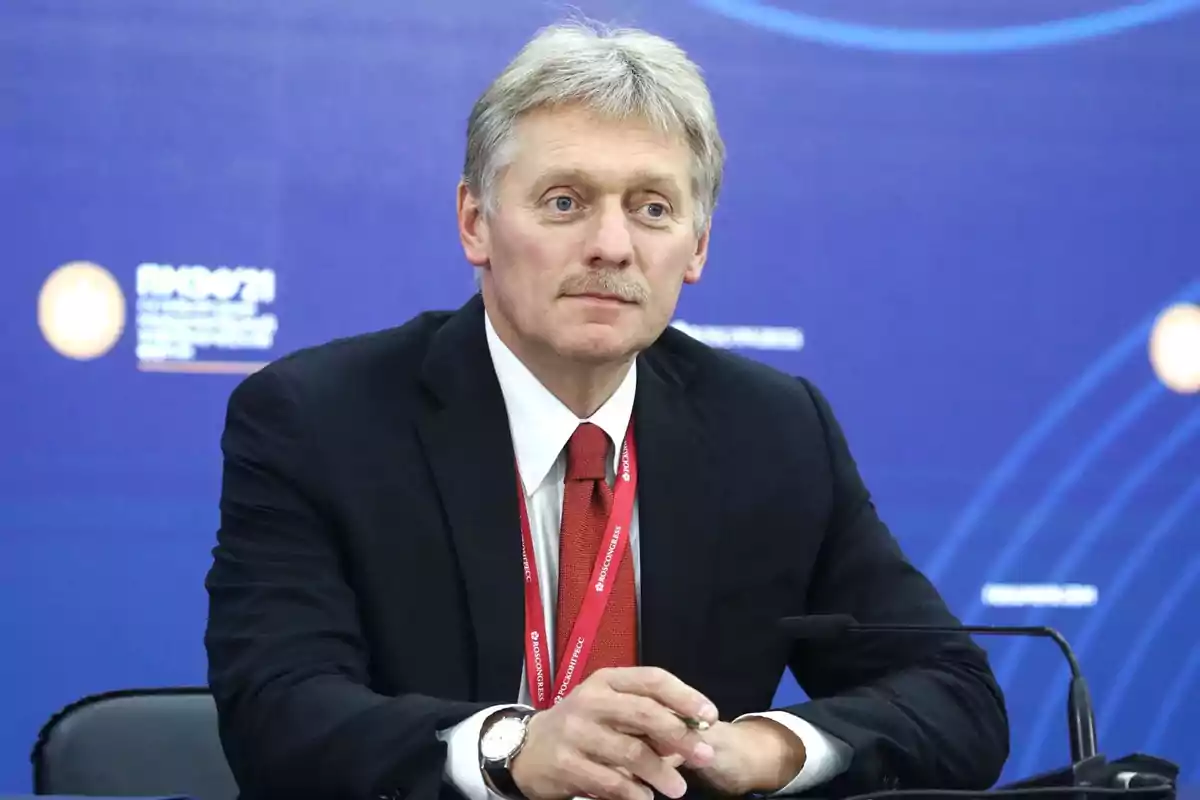
Zelensky, speaking in Norway on Thursday, said that although he initially sought a broader ceasefire, he is committed to working with the United States to prevent attacks on energy production and civilian facilities.
Despite negotiation efforts, both sides launched hundreds of drone attacks overnight, resulting in several injuries and damage to buildings.
More posts: